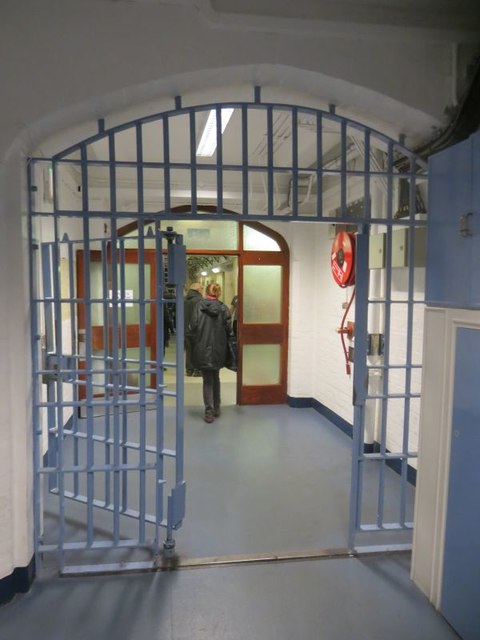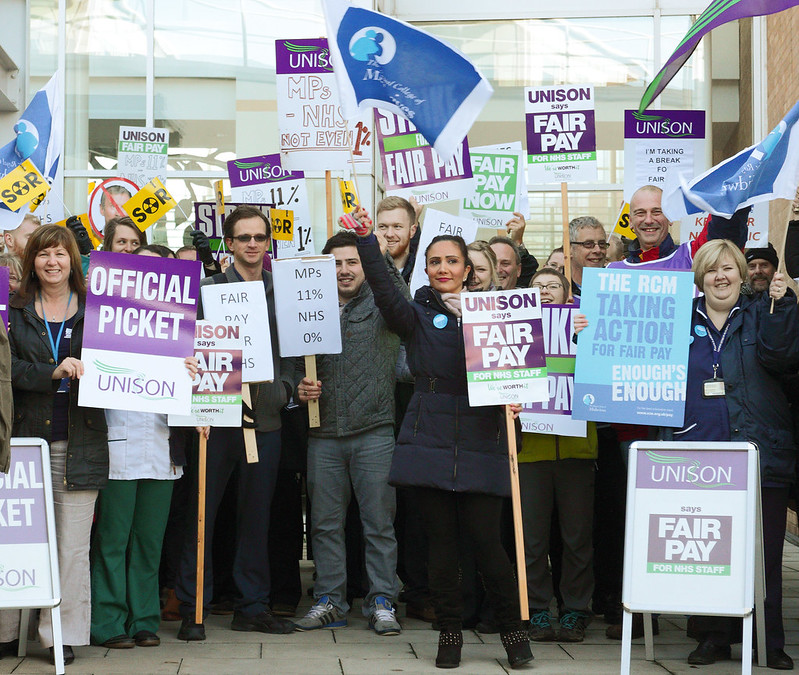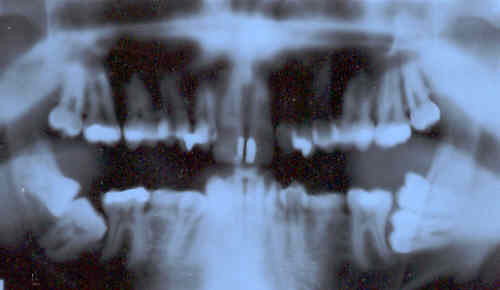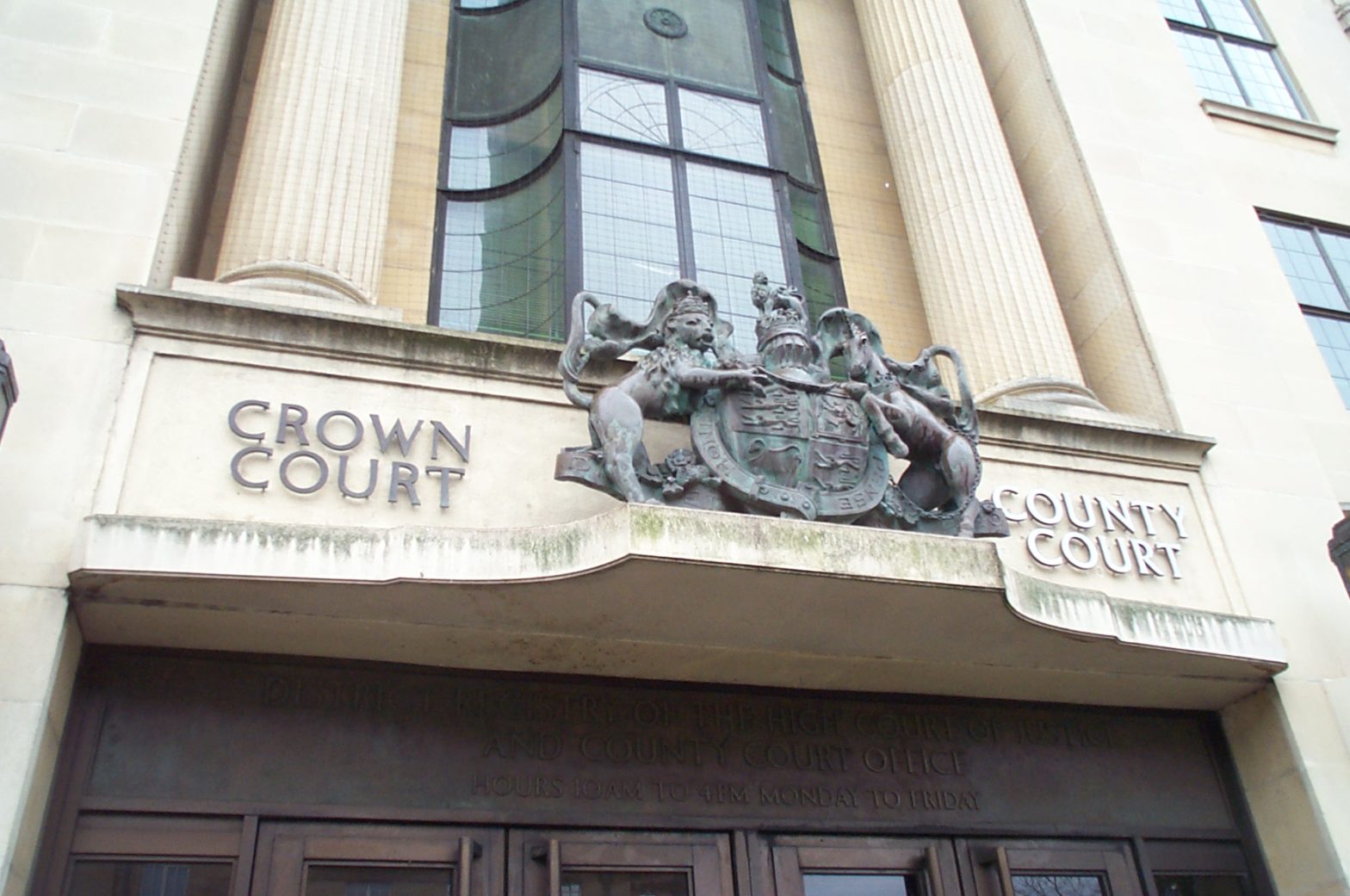During the Covid pandemic, there have been significant limits and halts to prison visits. Once we are out of lockdown, there should be a gradual return to standard visits, so what happens and what are the rules? The Prison Rules, in particular Rule 35, set out the entitlements to visits for prisoners. A prisoner is… Continue reading Prison Visits
Sexual Abuse in Schools
Ofsted has announced a review into sexual abuse in schools. The review will consider the processes that schools, and colleges have in place regarding whether they are good enough to allow pupils to report abuse freely. Why conduct a review? A website, “Everyone’s Invited”, published anonymised accounts of sexual abuse – many of the reports… Continue reading Sexual Abuse in Schools






